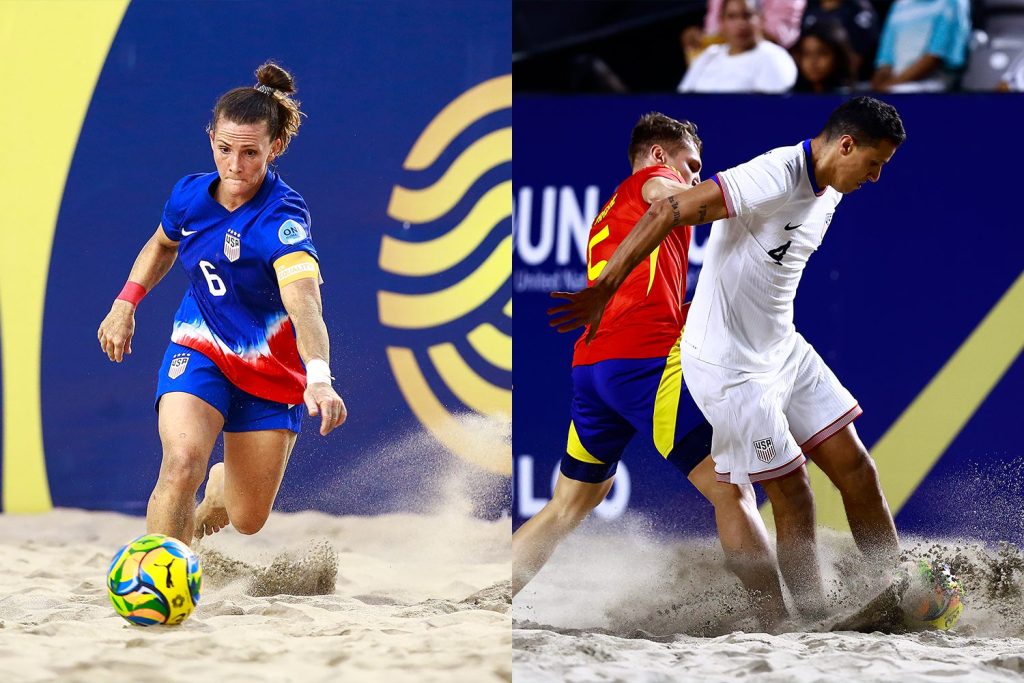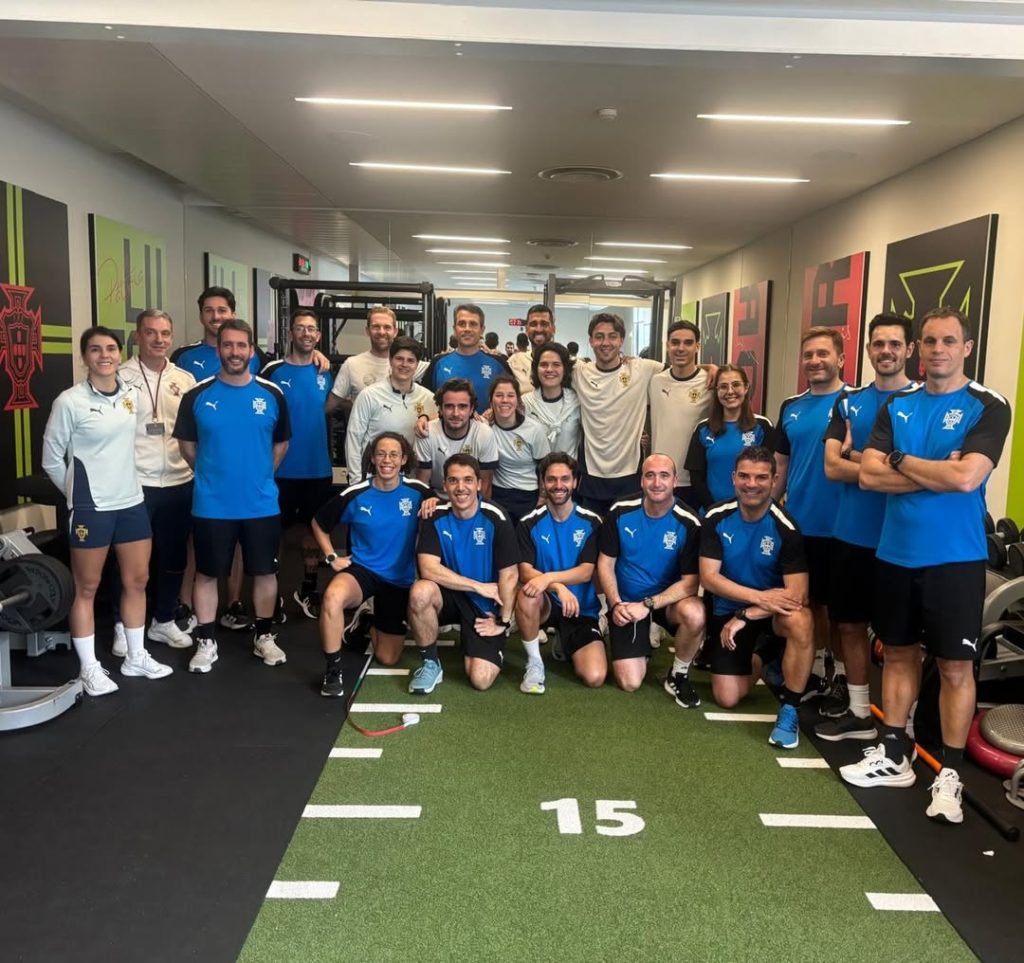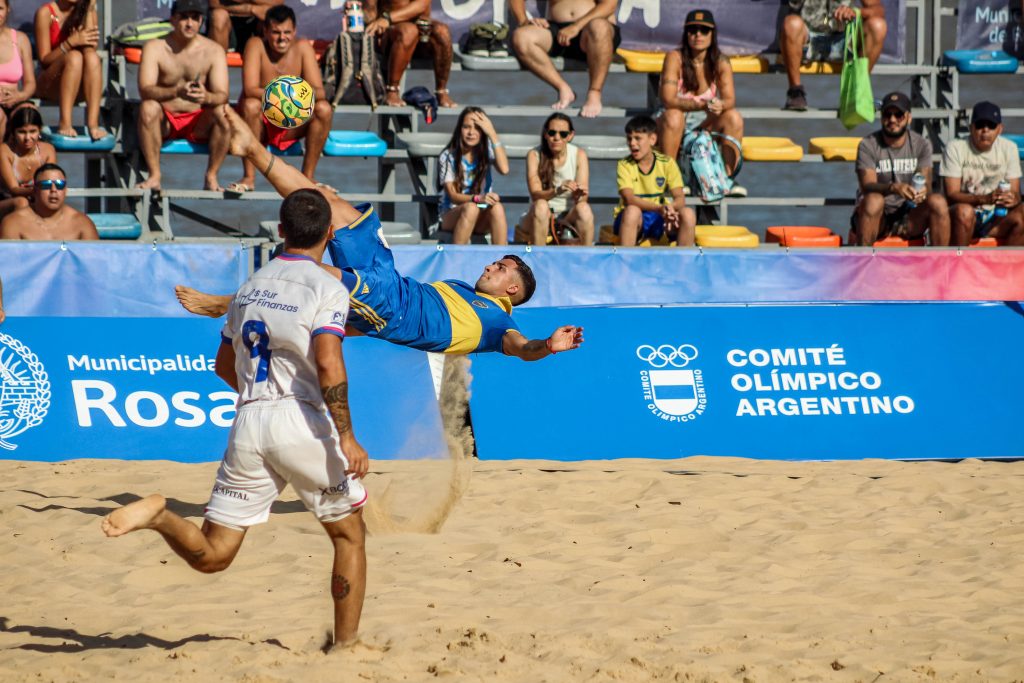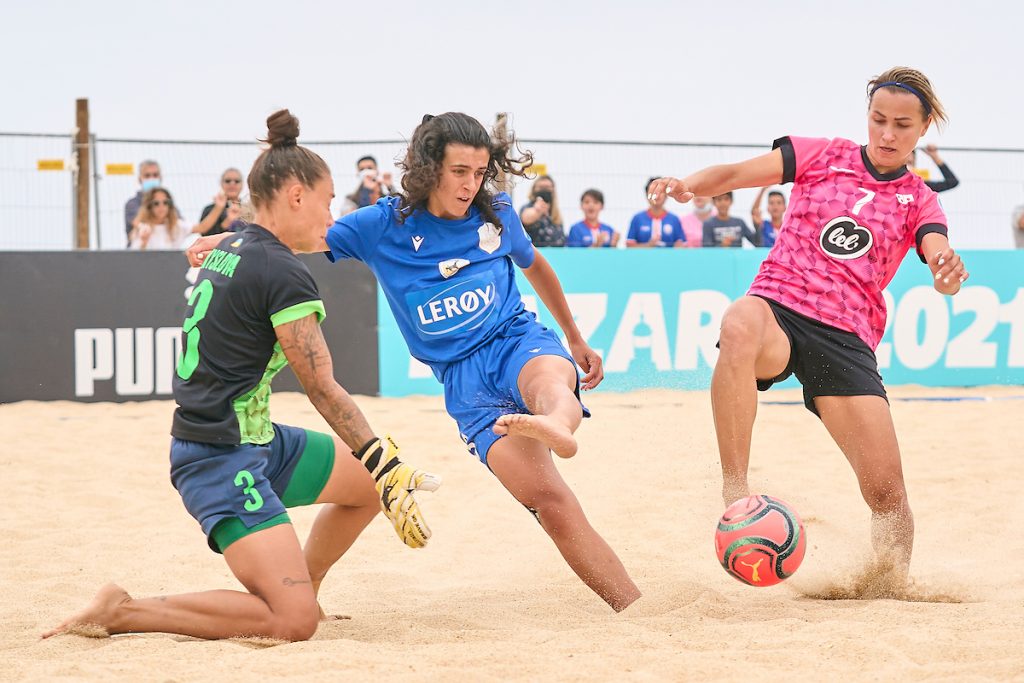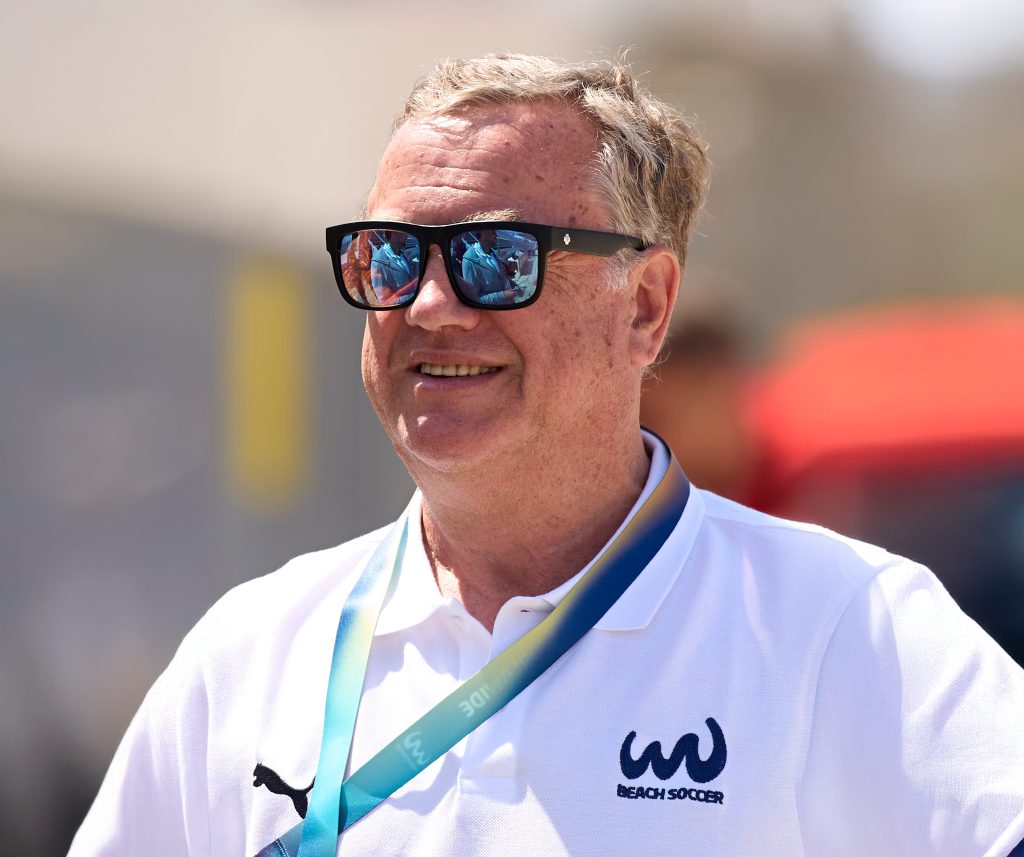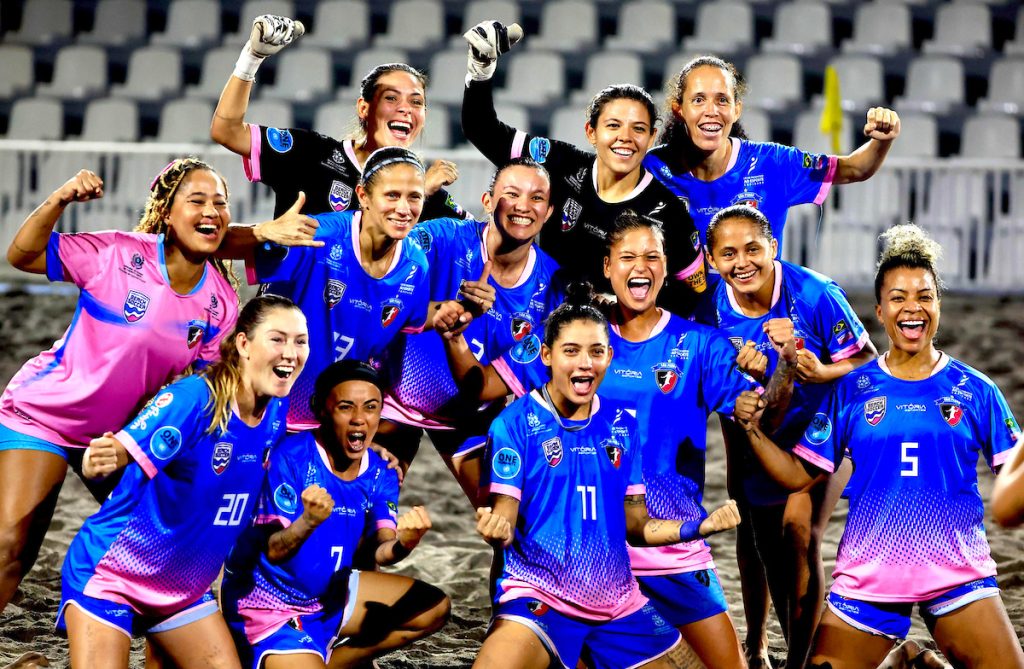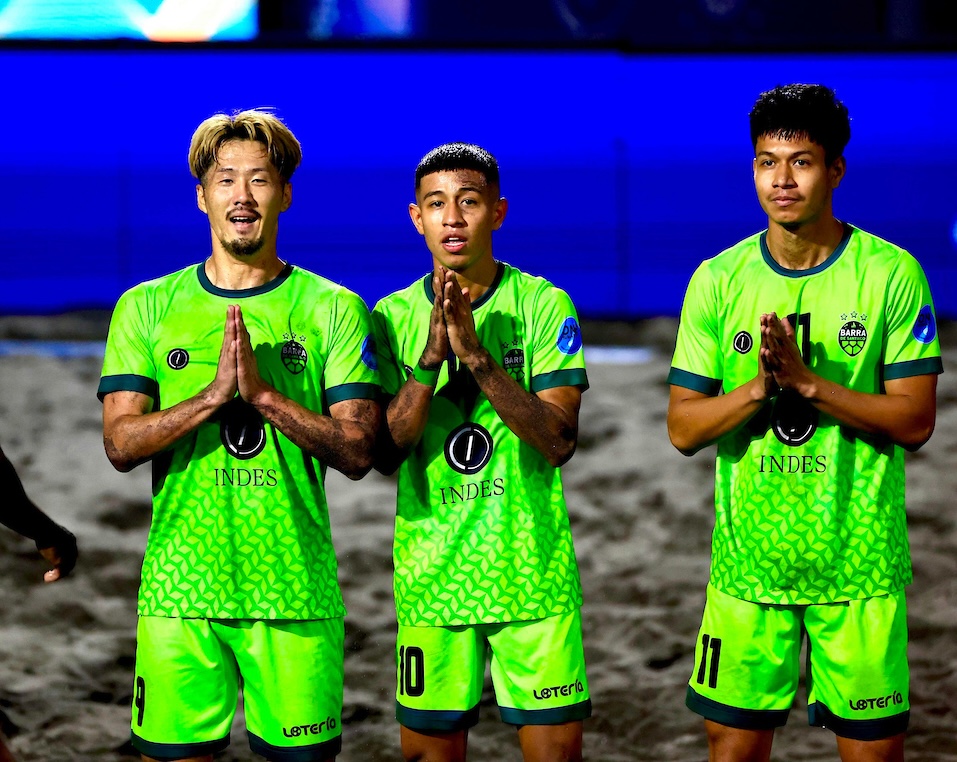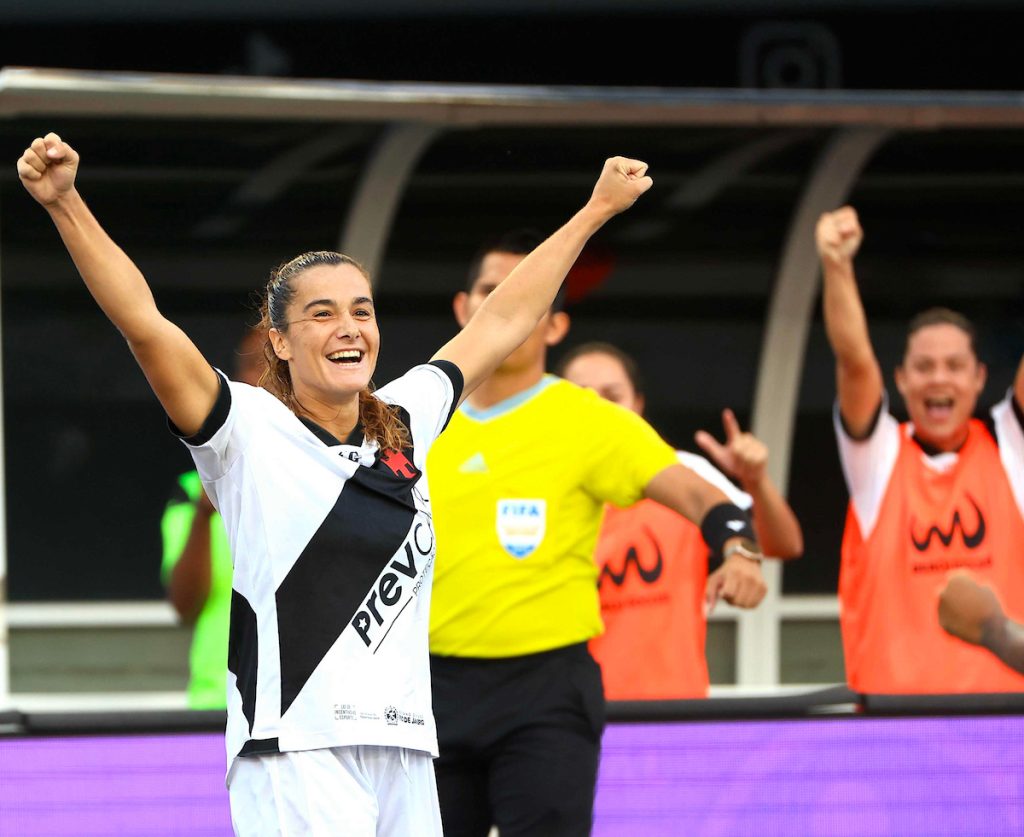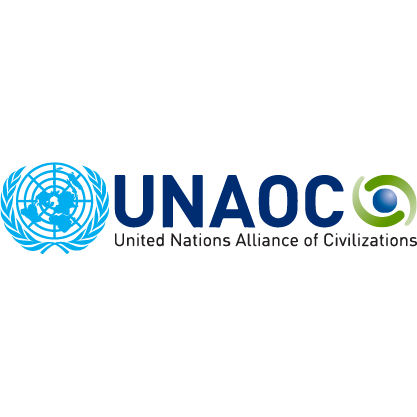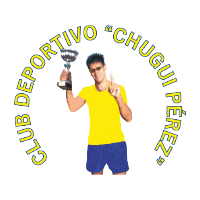Representatives from 39 countries attended the FIFA Beach Soccer Workshop on Friday.
The FIFA Beach Soccer Workshop took place in Dubai on Friday, with a host of speakers from across the sport of beach soccer.
Almost 40 different countries were represented at the annual event on Friday morning ahead of day four of the Huawei Intercontinental Beach Soccer Cup.
Joan Cusco (Executive Vice-president, BSWW): “Every opportunity we create is a new step for the sport. Sometimes we do different steps but every one helps to improve and ensure progress.
“At FIFA, the new situation means all competitions have been reviewed and beach soccer is no exception. The sport has been under analysis and you have people who like it and others who don’t. There has been uncertainty but the good news is that FIFA president has managed, in the Bahamas, to see it and he loved the game.
“Also he saw the value of the game itself, the skills and tactics of the coaches. The final result of the summit is that the 135 national associations involved in the sport have been supporting beach soccer like with futsal. In the last week in Calcutta there was the council and the FIFA Council has announced is 100 per cent inside FIFA and inside the programme.
“So from 2018 to 2024, beach soccer is in the programme for FIFA competitions and we managed to approve the World Cup for 2019 and it will remain every two years. The World Beach Games will also happen in San Diego in October 2019 and beach soccer is a fundamental part of it, so this gets us closer to the Olympics.”
Gilberto Costa – Brazil’s FIFA Beach Soccer World Cup-winning coach:
“Before the FIFA Beach Soccer World Cup, Brazil had 167 training days, 11 camps, seven competitions and 35 matches. I gave a chance to 36 different players and 44 per cent of them were under 26 years of age. I believe the experience players can help younger ones.
“Things may not always go to plan and things change but your principles cannot change. One of those is the spirit of the team. If you come to train, play, you have to give 100 per cent at all times, win or lose. I can’t always control the result but I can control my best.
“When I wake up to work, I try give my best and I ask that of my players. It’s difficult to maintain focus all the time when we have other priorities but it’s one of my principles. You need to know the players, not just about beach soccer, but as people. About their dreams and views on the world.
“I listened to some fantastic stories about my players this year, we regularly talks about our lives between one another. In my team there is no space for vanity or selfishness. My decisions are not about me, I think about the team. Maybe sometimes I don’t like my decisions myself but I think about the team. Brazil will lose, maybe tonight or tomorrow, maybe next month of next year.
“We have 45 wins but I know we will lose eventually but if you give your best, that’s the most important. Defeat is important to learn.”
Pierce O’Callaghan, European Games Senior Consultant: “For the IOC and the EOC, we wanted to use the European Games as a springboard for new sports to hopefully be in the Olympics later down the line. We had four non-Olympic sports at the Games in 2015, including beach soccer, and two of those will be Olympic sports in Tokyo in 2020. So there is light at the end of the tunnel.
“We had applications from 45 sports so you can see how competitive it is, but the EOC weigh up the value of each sport and beach soccer is one of the 15. This shows that beach soccer is a very important part of the European Olympic family.
“Minsk is ready to welcome beach soccer to the European Olympic Games.”
Player transfer roundtable discussion – Madjer (POR), Anastasia Ryabova (RUS) and Lazio Beach Soccer President Roberto Caretto.
Madjer: “For us players it is difficult to stay with just one club because of the leagues, they are short in Europe and over three or four matches. But it’s also difficult, as a director, for one club to see a player play for us and then move on a week later.
“It’s our life but I think the key point is that federations organise bigger competitions and more competitions. If we have internal competitions, for sure the clubs will keep players for longer. We need to find answer to this because it’s important for players and for clubs. We have to find a way to organise the clubs and the players better.
Anastasia Ryabova: “We stick to FIFA regulations regarding overseas players in the Russian league. When the club engages with overseas players, we work with FIFA transfer system. Every player must have a FIFA transfer certificate or they can’t play in Russia.
“We also restrict players from moving to more than two clubs in a season.”
Roberto Caretto: “Transfer regulations are key in the development of the sport and I will take the points from the discussion back to Italy. The sponsors also like to give their brand to an icon of the sport so don’t like it when these players are in other leagues or other clubs.
“That’s why Lazio try and keep the main core of our group of players.”
Todd Knapton – Hutcheson Sand and Mixes:
“There’s a science behind it, you need something safe, that works with the elements and so collectively we’re working together. If the sand gets too hot you get dust and if you have to add water then it compacts so it’s about using the right product.
“Sand specifications in beach soccer improves the playing standard and drainage as well as reducing the chance of injury.”
FIFA Beach Soccer World Cup Technical Study Group Report, delivered by BSWW Head of Competitions Josep Ponset.
“There was a greater level of development and preparation, largely down to players featuring regularly in domestic and continental competitions. The game is moving towards a greater level of control with goals coming from almost anywhere but chances are much rarer.”
The Portuguese beach soccer championship: an example of success with Pedro Dias, FPF Director
“After Portugal failed to qualify for the FIFA Beach Soccer World Cup in 2012, the FPF board decided to implement a beach soccer development plan. The organisation of national competitions and a beach soccer educational programme were key parts of the plan.
“We decided to invest in increasing awareness around national beach soccer competitions as well as using the 2015 FIFA Beach Soccer World Cup to promote beach soccer around the country.”
Gabino Renales, Deputy Vice-president, BSWW on the 2018 calendar
“As it stands, we have more than 30 events in the calendar for next year in more than 20 countries, present in all five continents with more than 130 national teams. We’ve also tried to keep a number of weekends free for national championships so that they don’t clash with international competitions.”










